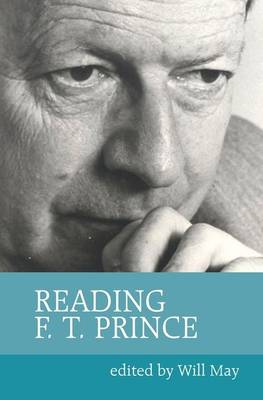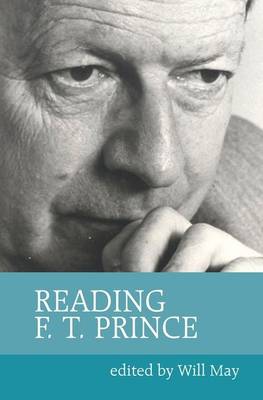
- Afhalen na 1 uur in een winkel met voorraad
- Gratis thuislevering in België vanaf € 30
- Ruim aanbod met 7 miljoen producten
- Afhalen na 1 uur in een winkel met voorraad
- Gratis thuislevering in België vanaf € 30
- Ruim aanbod met 7 miljoen producten
Zoeken
Reading F. T. Prince
€ 93,45
+ 186 punten
Omschrijving
F.T. Prince (1912-2003) is now emerging as one of the most distinctive voices of twentieth-century Anglophone poetry. Born in South Africa, he came to England in the 1930s, where he studied alongside Stephen Spender and W.H. Auden. First published by T.S. Eliot, and celebrated in his day by poets as various as Siegfried Sassoon and John Ashbery, his poems have long intrigued readers with their formal experiments, Baroque influences, and intellectual puzzles. During his own lifetime, he found fame with the war poem 'Soldiers Bathing' (1942), and was known chiefly as a Milton scholar. However, this collection of specially commissioned essays sheds new light on his achievements and reveals his central place in the story of modern poetry. Enthralled by the canon, yet embraced by the avant-garde, he has influenced poets from Geoffrey Hill to Susan Howe, a unique conduit between modernism and the Movement, British regionalism and American cosmopolitanism. Yet his poetry is not merely of interest for its continuing influence on wider tradition. Subtle, original, and various, F.T. Prince's poetry asks important questions about power, responsibility, and collective memory.
Specificaties
Betrokkenen
- Uitgeverij:
Inhoud
- Aantal bladzijden:
- 232
- Taal:
- Engels
- Reeks:
- Reeksnummer:
- nr. 67
Eigenschappen
- Productcode (EAN):
- 9781800856615
- Verschijningsdatum:
- 1/08/2021
- Uitvoering:
- Paperback
- Formaat:
- Trade paperback (VS)
- Afmetingen:
- 156 mm x 234 mm
- Gewicht:
- 331 g

Alleen bij Standaard Boekhandel
+ 186 punten op je klantenkaart van Standaard Boekhandel
Beoordelingen
We publiceren alleen reviews die voldoen aan de voorwaarden voor reviews. Bekijk onze voorwaarden voor reviews.







